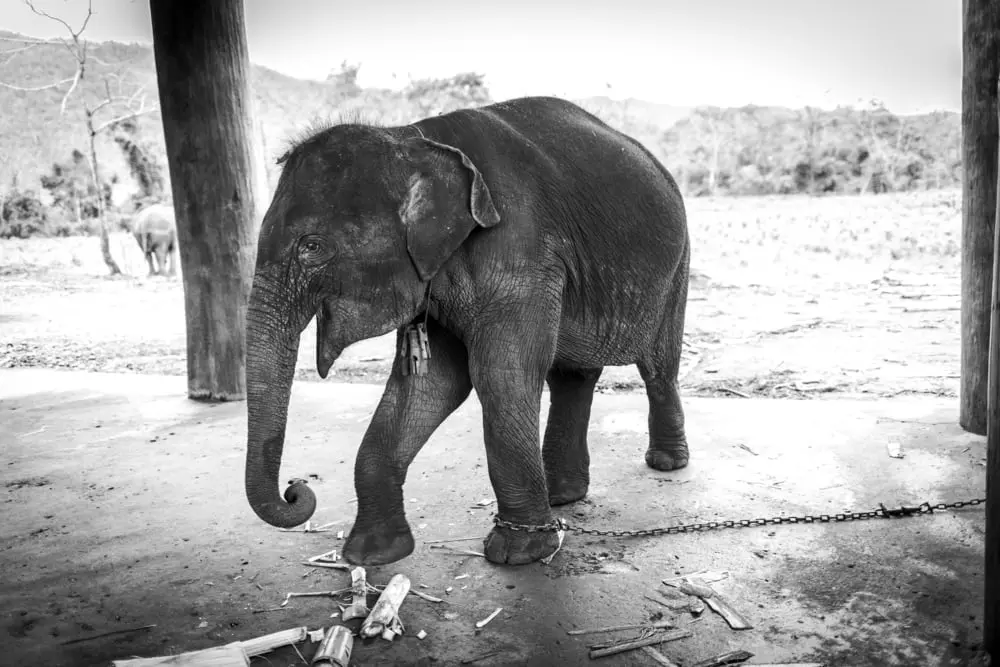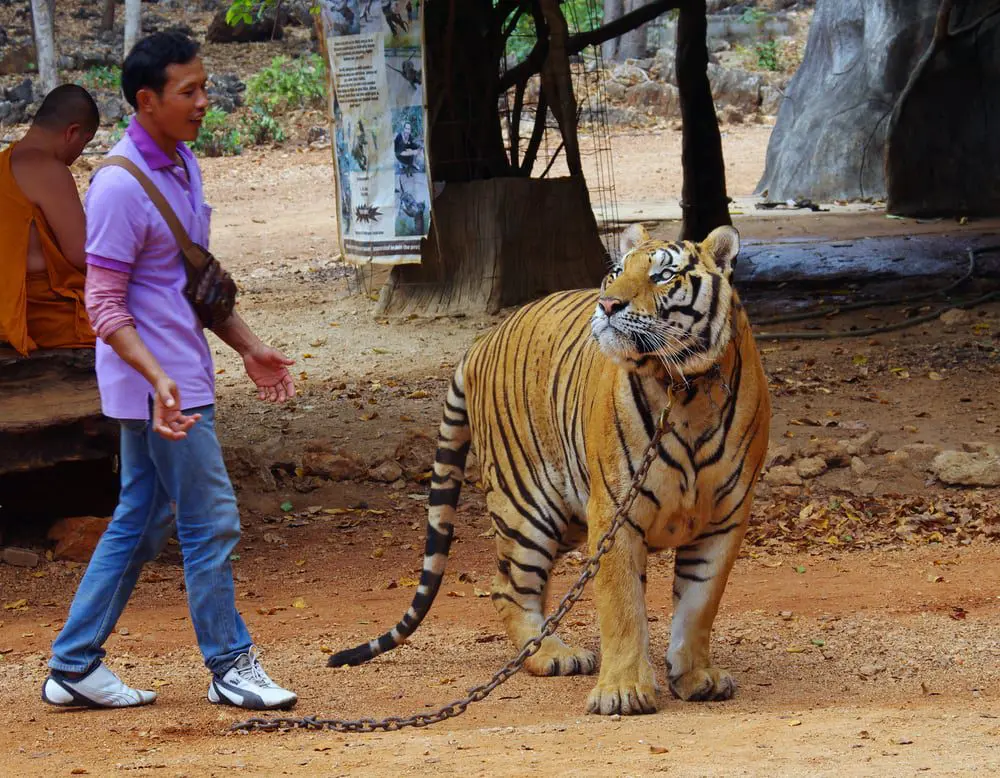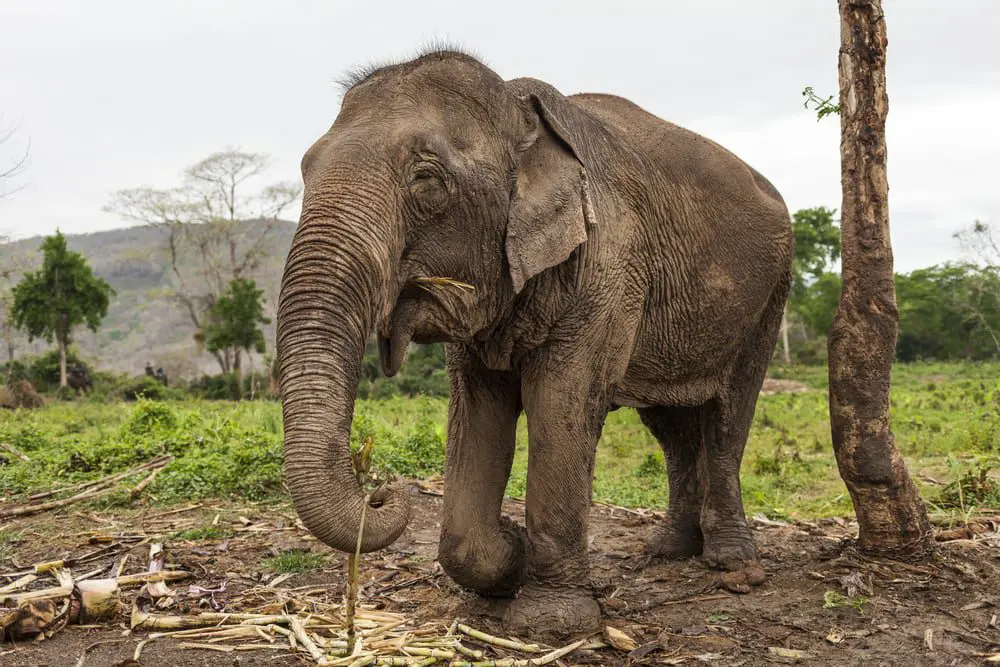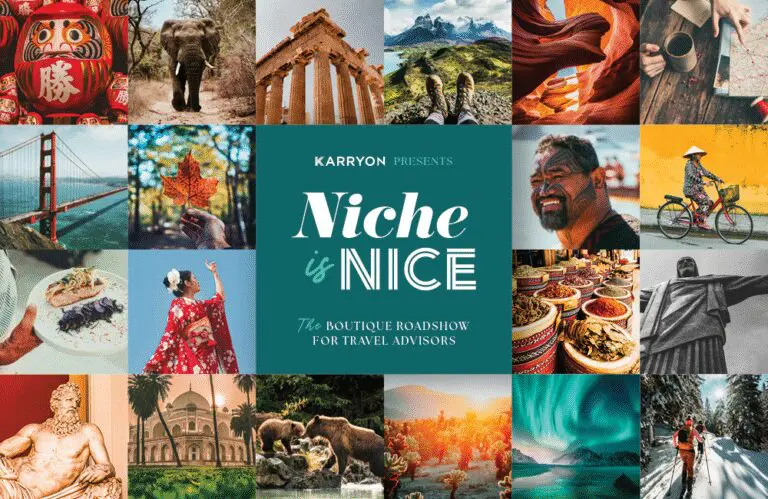Yet another living creature has died in captivity due to ongoing exploitation and cruelty subjected to it by tourists. Sambo, the 40-45 year old Asian elephant collapsed after ferrying ignorant holidaymakers around Angor Wat in 40+ degree heat.
Not only is it unbelievably sad that this poor – endangered – animal took it’s last breath while on the clock, what about the hundreds of other day trippers that had to watch this majestic creature crash to the floor in a dusty heap? Can you imagine parents trying to explain to their children that the elephant was just taking a nap?
My point is that this death affects everyone that travels, wants to travel – and most importantly – works in travel.
A petition has already garnered over 80,000 signatures calling for the ban of elephant rides in Cambodia. This is a great start – but we should be educating travellers as well, rather than simply blaming the operators and local governments.

This story got a lot of attention for a few days, and then disappeared. Kids and adults alike will happily hop atop a grinning pachyderm in Cambodia, Bali, Sri Lanka, New York and Berlin for years to come, justifying the experience by saying things like “well, it was probably an orphan anyways” or “the operator says they’re well looked after”.
Lets not stop there though – elephants aren’t the only exotic animals kept for the enjoyment of humans. Monkeys, tigers, snakes, lizards, bears, wolves… The list continues.
While most of us travel with the ability to know when something is wrong and how to avoid it – others aren’t as blessed with worldly knowledge and experience, like first time travellers or folks who simply haven’t been educated.
This is when Travel Agents have the chance to influence change
I believe that we; as Travel Agents have a duty of care to provide not only a high level of service, but also a high level of awareness to our customers – who we send out into the world representing our countries.
There are a few easy things we can do to influence the welfare and preservation of animals around the world, here they are:
Sign the petition
Probably the easiest thing anyone can do. Why not send it around to your colleagues as well? You’d be surprised how quickly a movement can spread with the click of your mouse.
Don’t support companies that participate in animal abuse
If your client wants to travel with a tour company or hotel either offers activities such as elephant rides, petting tigers, walking with lions, etc – don’t book them.
Even though they may not be operating the experience themselves, they’re supporting them by sending customers their way.
Support companies that are actively against animal abuse

Get behind the trailblazers who are taking a stand against the practice of exploitation. An organization called World Animal Protection has compiled a list of over 100 travel companies around the world that vowed not to sell elephant rides to their customers. This list will grow with our support.
World Expeditions – one of the worlds leading adventure travel companies, has even created their own Animal Welfare in Tourism Code of Conduct, which is a first in Australia.
Talk to your clients about their plans
This should be on every Travel Agents list anyways, so it shouldn’t be hard.
If they mention wanting to participate in an activity that involves dancing monkeys, taking selfies with snakes or riding exotic wildlife then you should tactfully explain why they should perhaps reconsider and ask if it’s okay to email them a link to explain why.
Suggest visiting an area where animals can be viewed in the wild
If you’ve gathered that your clients are interested in experiencing wildlife then you should upsell them to a safari or adventure that offers natural viewing opportunities rather than snapping a pic of a drugged up monkey on a chain outside bar in Phuket.
Share this article
Education is key when it comes to issues like this which some people think is a ‘grey area’, it’s simply not. Animals are not on this earth to provide entertainment or cool profile pics. They should be enjoyed in nature; there is no grey area.






